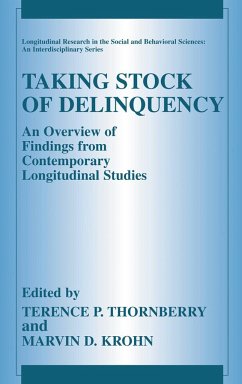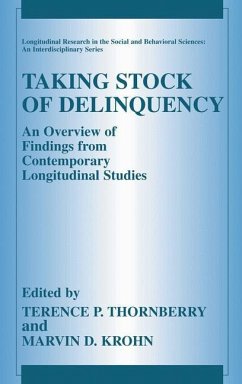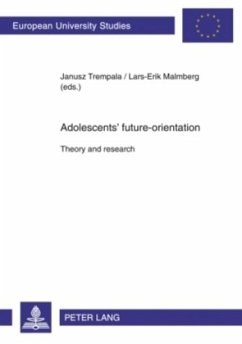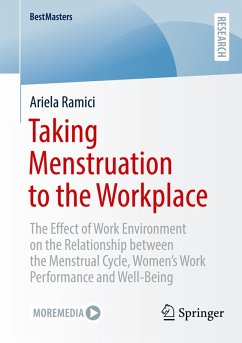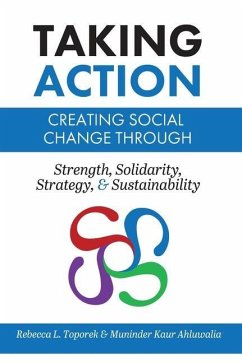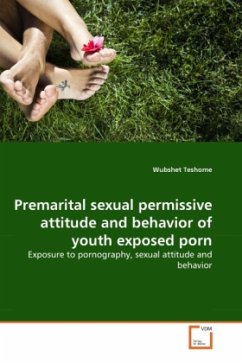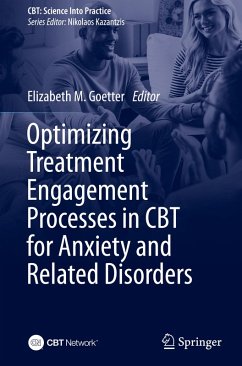
PARENTING PROCESSES AND ADOLESCENTS' RISK-TAKING BEHAVIOR
THE RELATIONSHIP BETWEEN ADOLESCENTS' PERCEPTION OF PARENTAL MONITORING, CONNECTEDNESS, AND COMMUNICATION AND THEIR SEXUAL RISK-TAKING BEHAVIOR
Versandkostenfrei!
Versandfertig in 6-10 Tagen
32,99 €
inkl. MwSt.

PAYBACK Punkte
16 °P sammeln!
The study of the relationship between adolescents' perception of parenting processes and their sexual risk-taking behavior was conducted on high school students in Nekemte town, Western Ethiopia. Data were collected through a self administered questionnaire from 300 adolescents, consisting of 150 males and 150 females. The study found that 58% of the adolescents were sexually active, with a higher proportion of boys than girls reporting having ever had sex (66.7% versus 49.3%, p=0.002). 2 test revealed that adolescents' perception of different parenting processes have a significant association...
The study of the relationship between adolescents' perception of parenting processes and their sexual risk-taking behavior was conducted on high school students in Nekemte town, Western Ethiopia. Data were collected through a self administered questionnaire from 300 adolescents, consisting of 150 males and 150 females. The study found that 58% of the adolescents were sexually active, with a higher proportion of boys than girls reporting having ever had sex (66.7% versus 49.3%, p=0.002). 2 test revealed that adolescents' perception of different parenting processes have a significant association with their sexual risk-taking behavior. This clearly indicates that a grater sense of adolescents' perception of parenting variables (extent of family connectedness, level of parental monitoring and communication) play a protective role for both male and female adolescents against sexual risk-taking behavior. Therefore, the findings of the study underline on the importance of improving parenting processes (parental monitoring,parent-adolescent closeness and communication) to reduce adolescents' sexual risk- taking behaviors.



